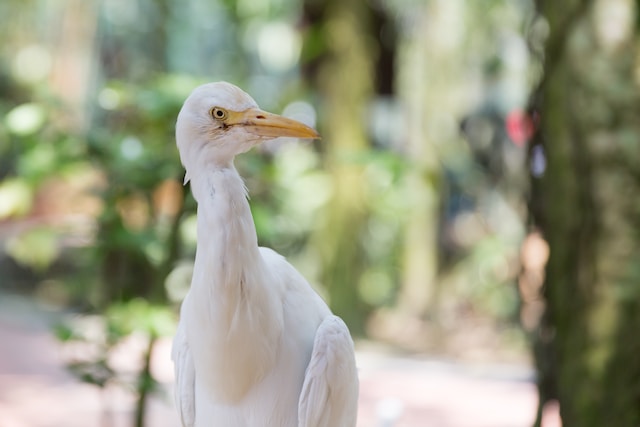Doves, with their gentle nature and graceful flight, play a vital role in maintaining the balance and health of ecosystems worldwide. These remarkable birds are not only a source of aesthetic pleasure but also serve as guardians of seed dispersal and pollination. In this article, we delve into the essential contributions of doves, unraveling their
Doves, with their gentle nature and graceful flight, play a vital role in maintaining the balance and health of ecosystems worldwide. These remarkable birds are not only a source of aesthetic pleasure but also serve as guardians of seed dispersal and pollination. In this article, we delve into the essential contributions of doves, unraveling their role in shaping the biodiversity and sustainability of our natural world.
- Seed Dispersal:
Doves are masterful seed dispersers, acting as nature’s gardeners by spreading seeds far and wide. When doves consume fruits and seeds, they digest the nutritious parts while the undigested seeds pass through their digestive system unharmed. As doves travel and perch in various locations, these seeds are effectively dispersed in their droppings, contributing to the establishment of new plants and the genetic diversity of plant populations.
By dispersing seeds, doves facilitate the colonization of new habitats, help regenerate damaged ecosystems, and ensure the survival of plant species. Their role in seed dispersal is particularly crucial in areas where other seed-dispersing animals may be scarce or absent.
- Pollination:
While doves are primarily seed dispersers, some species also play a role in pollination. As they forage on flowers in search of nectar or small insects, they inadvertently transfer pollen from one flower to another. While not as efficient as bees or other specialized pollinators, doves contribute to the pollination process, promoting genetic diversity and supporting the reproduction of certain plant species.
In regions where other pollinators are limited, doves may become significant contributors to pollination, ensuring the continuity of plant populations and the production of fruits and seeds.
- Habitat Restoration:
Doves’ activities as seed dispersers and pollinators have a significant impact on habitat restoration and ecosystem resilience. Through their movements and feeding behaviors, doves contribute to the natural regeneration of forests, grasslands, and other habitats that have been disturbed or degraded.
By dispersing seeds in areas that have undergone deforestation, wildfires, or other disturbances, doves aid in the reestablishment of plant communities and the restoration of ecological processes. Their role in ecosystem recovery is particularly vital in areas where human interventions may be limited or impractical.
- Biodiversity Conservation:
The contributions of doves to seed dispersal and pollination ultimately support biodiversity conservation. By dispersing seeds and facilitating the reproduction of plants, doves contribute to the maintenance of healthy and diverse ecosystems. This, in turn, benefits other wildlife species that depend on these plants for food, shelter, and other resources.
Doves act as important ecological connectors, ensuring the survival and dispersal of a wide range of plant species. Their presence and activities contribute to the overall resilience and functioning of ecosystems, enhancing their capacity to withstand environmental changes and support a variety of life forms.
Conclusion:
The role of doves in ecosystems goes far beyond their beauty and gentle demeanor. These remarkable birds serve as vital contributors to seed dispersal, pollination, habitat restoration, and biodiversity conservation. Through their actions, doves shape the ecological landscape, playing a crucial role in maintaining the health and sustainability of our natural world.
As we appreciate the graceful flight and peaceful coexistence of doves, let us also recognize and celebrate their invaluable contributions to the intricate web of life. Let us protect and cherish these avian guardians, ensuring that they continue to fulfill their ecological role and inspire us with their essential place in the delicate balance of nature.

















Leave a Comment
Your email address will not be published. Required fields are marked with *